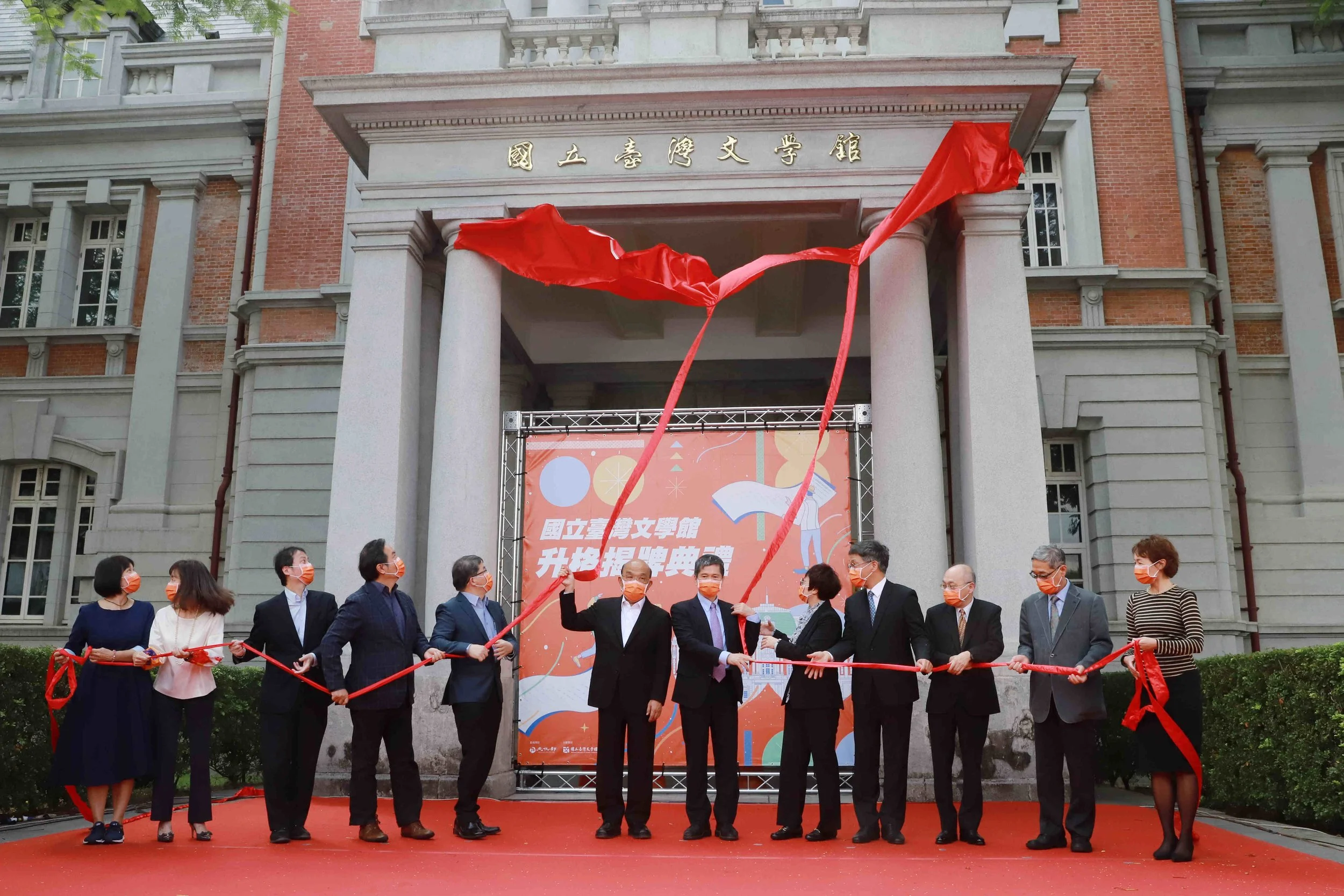The Taiwan Gazette translates and publishes original reporting from Taiwan, Hong Kong and China. Our goal with the platform is simple: We want original reporting from the Sinosphere to have a wider impact on global civil society.
All tagged Taiwanese literature
The Future of Taiwan Literature: An Interview with Shuo-bin Su (Part 2)
“Taiwan literature can be conceived of as every single mode of literary expression that has left an existential trace on Taiwan,” said Dr. Shuo-bin Su (蘇碩斌), director of the National Museum of Taiwan Literature. The research, preservation, and promotion of such modes of expression, however, either failed to receive organized institutional support or was subsumed under a China-centered historiographical perspective before the lifting of martial law in Taiwan. The establishment of Taiwan literature as a field of academic inquiry became possible thanks to the political liberalization of Taiwanese society and the emergence of a “Taiwan consciousness” since the 1980s. What might be the challenges and possibilities facing the field of Taiwan literature, then and now? What might be the new directions of the field? This interview features as part of our special issue: Encountering Everyday Life: Taiwan in Museums.
The Power of Taiwan Literature: An Interview with Shuo-bin Su (Part 1)
Before the lifting of martial law in 1987, the research, preservation, and promotion of Taiwan literature in Taiwan either failed to receive organized institutional support or was subsumed under a China-centered historiographical perspective. The establishment of Taiwan literature as a field of academic inquiry became possible thanks to the political liberalization of Taiwanese society and the emergence of a “Taiwan consciousness” since the 1980s. What might be the challenges and possibilities facing the field of Taiwan literature, then and now? What might be the new directions of the field? This interview features as part of our special issue: Encountering Everyday Life: Taiwan in Museums.
Ghastly Heritage of NTU’s Shuiyuan Campus: White Terror Stories in Autopsy Room
Between 1949 and 1999, the National Defense Medical Center was located around what is now the Shuiyuan Campus of National Taiwan University. Ghastly rumors about the site circulated among present-day college students. Why was the site haunted and by whom? What might be the ghosts’ unfulfilled wishes? How have fictions and oral narratives about the White Terror in Taiwan contributed to a haunted remembering of the site? And how should we reckon with the ghastly heritage of NTU’s Shuiyuan Campus and beyond?





